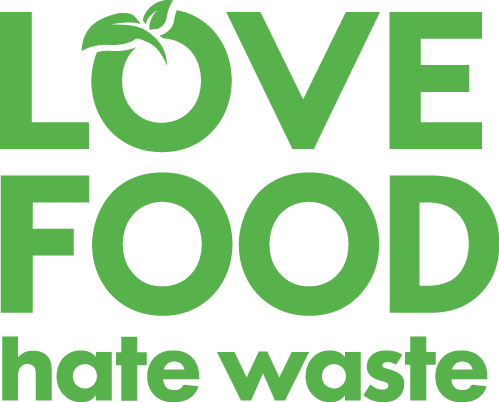Cupboard Love
Well these are interesting times. I don’t know about you, but my first and quite singular thought when it came to staying at home for any length of time was ‘food’.
First of all, will I have enough? Closely followed by what about the long term supply and then, due to a fortunate tendency to look on the bright side, maybe this is the time when I actually get to use up those cans at the back on the pantry with things like four bean mix and baby sweet corn in them?
The food supply is guaranteed and as Australia produces three times more food than it can eat, we can be reassured on the supply side. Our major supermarkets are taking on new staff and have even relaxed the rules on specifications to allow for more imperfect fruits and veggies to get on the on the shelves. Yay!
As someone whose day job is to help people reduce food waste, another bright thought is that we’re all going to appreciate the value of food a lot more and appreciate where it comes from and how to keep it fresh. I have found much joy in food shopping at the moment to find the right ingredient in stock and equal satisfaction in the creativity of finding an alternative when not. Yesterday, I couldn’t find celery, so I bought a fennel bulb instead. I’ll let you know how that works when I swap it out in the recipe!
With that in mind, this month our focus at Love Food Hate Waste is not going to be on avoiding food waste (although that is always close to our hearts) but on loving the food we have. Loving it by making the most of it. With your help, we’re going to share pantry food recipes, ideas on swapping out ingredients and expert advice on the best ways to store all foods to keep them fresh for as long as possible.
For those of you with children at home, we’ll also be offering a sneak preview of our Food Smart school resources which we’ve developed with our friends at Love Food Hate Waste Victoria. They align with the NSW and Victorian curriculums and demonstrate how the kitchen is a great classroom for children. As we learnt while pulling these resources together, planning, prepping and cooking food provides an opportunity to explore maths, English, science, sustainability and much more, with the added advantage of potentially ending up with cake!
So, stay tuned through our Facebook and Instagram pages during the month of April and please join in to share your knowledge, ideas and experience so that, as a community, we can all at least make the most of our food in these challenging times.
Amanda Kane, Love Food Hate Waste NSW Program Manager
